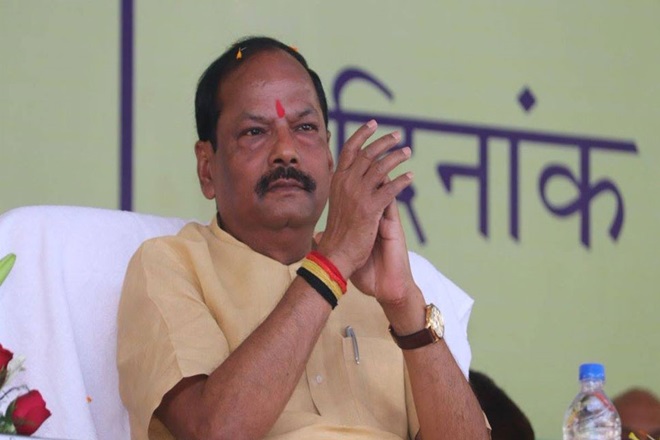The Jharkhand government led by Raghubar Das on Tuesday banned the controversial political outfit Popular Front of India (PFI), notorious for their support to all kinds of anti-Indian activities, for having alleged links with the Islamic State. The PFI has been banned under Section 16 of The Criminal Law Amendment Act, 1908.
To quote the press release of the government, “The state has banned the Popular Front of India, which is active in Jharkhand, under the Criminal Law Amendment Act, 1908. The Home Department had recommended the ban.”
The statement further added, “The PFI is very active in Pakur district. The members of the PFI, which was set up in Kerala, are influenced by the IS. According to the Home Department report, some PFI members have even gone to Syria from southern states and are working for the IS.”
This is a very bold step from the Jharkhand government, not only because PFI is now turning into an out and out terrorist organization, but also because only in August 2018, their earlier decision was overturned by the Jharkhand High Court.
PFI technically needs no introduction. Based in Kerala, this political outfit is a top favorite of the secular parties and an eyesore to the legal authorities. Notorious for its strong links with ISIS, this organization has been given complete freedom in states like Kerala and Bengal, and the repercussions are for everyone to see.
As such, the decision to ban PFI is nothing less than a bold step in the right direction. Minority appeasement of any kind is disastrous for the country, and by striking hard on PFI, Jharkhand has inspired others to go ahead with an anti-appeasement stand. Besides, imposing the ban again on PFI isn’t the only anti appeasement stand that the firebrand CM from Jharkhand has taken against such hate mongers.
Only a couple of months ago, not only did Raghubar Das implement the much touted anti-conversion law. This move not only disallowed Christian missionaries and Islamic organizations from carrying out their dirty tricks in Jharkhand but also denied the converted people any sort of benefit in government services, including the chunks of quotas that these people earlier used to rob in the name of reservation. Though many left-liberals cried hoarsely, Raghubar Das is in no mood to bow down to such hooliganism that was once the norm in Jharkhand.
Moreover, he is also working hard in bringing Jharkhand out of the mess it was dragged into by years of political instability, rampant corruption and massive minority appeasement. Be it his move to ensure that Jharkhand is open defecation free, or cracking down on churches that used foreign funds for illegal conversions, Raghubar Das has turned out as a bold, unapologetic leader who knows how to do things right, even if it makes some people in the Lutyens brigade unhappy.
